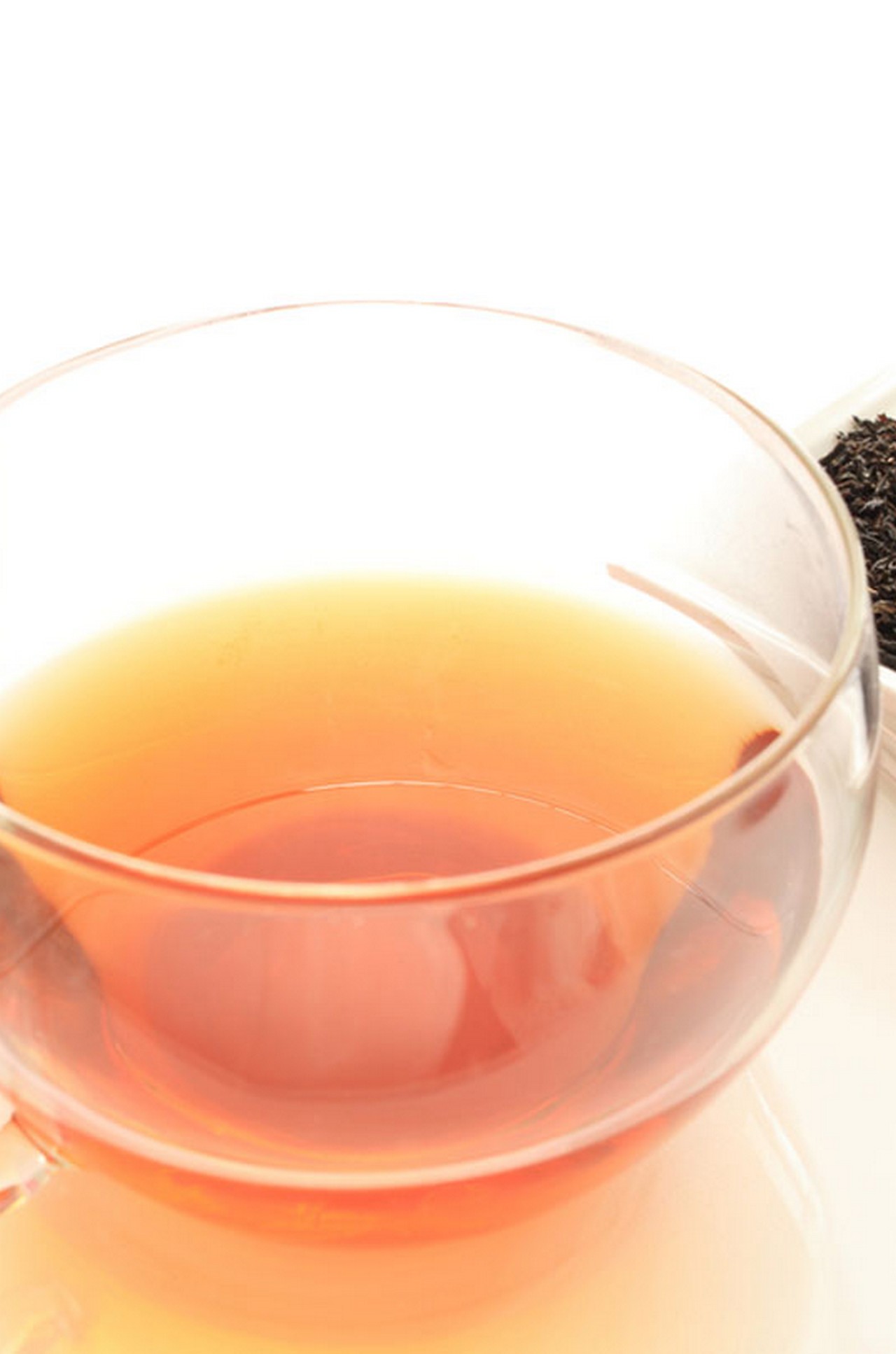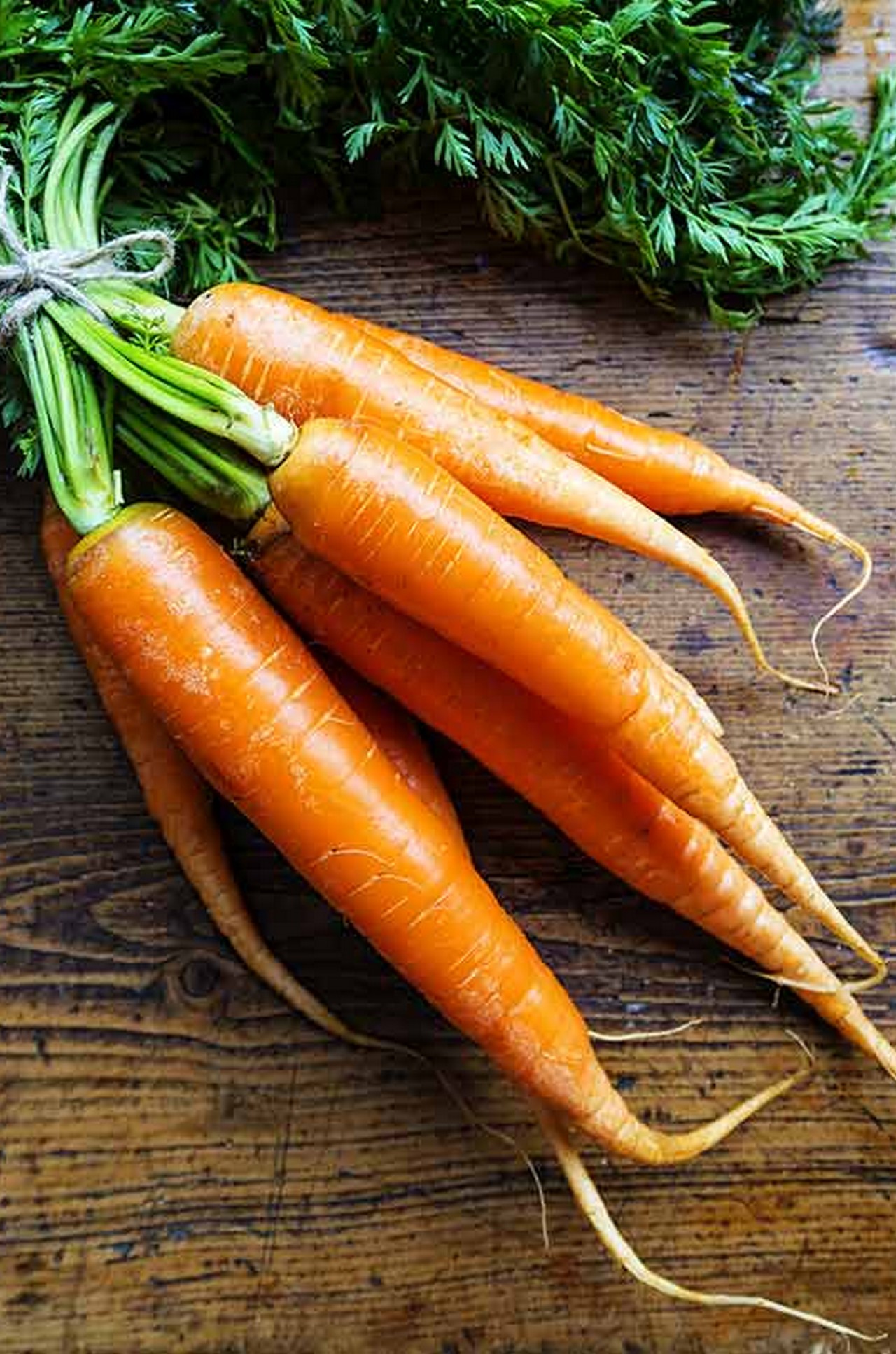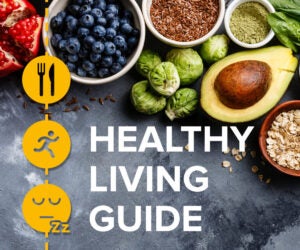
According to the Crohn’s & Colitis Foundation disease around 70,000 new cases of IBD are diagnosed in the US each year (1). Crohn’s disease is a type of inflammatory bowel disease, and its typical symptoms are painful abdominal cramps and diarrhea. To prevent further complications like ulcers and sores, you MUST take care of your diet. This is why a specialized Crohn’s disease diet is important. It helps you choose foods that soothe the intestinal walls and avoid foods that might cause inflammation. Keep reading to know how this diet helps, foods to eat and avoid, and diet tips.
In This Article
What Is Crohn’s Disease?
Shutterstock
Crohn’s disease is an inflammatory disease of the gastrointestinal tract.i XThe passageway of the digestive system through which food and liquids get swallowed, digested, absorbed, and leave the body as feces. It can affect any region from the mouth to the anus. The inflammation can go deep into the intestinal wall lining, and you may experience the following symptoms:
- Diarrhea
- Rectal bleeding
- Constipation
- Abdominal pain
- Fatigue
- Loss of appetite
- Weight loss
Crohn’s disease is usually diagnosed in people between 20-30 years, and, if left untreated, can cause the following complications:
- Intestinal blockage
- Ulcers
- Kidney stones
- Fistulasi XAbnormal passageways or connections between two body parts, like organs or blood vessels, that do not connect naturally.
- Arthritisi XSwelling and tenderness of one or more joints in the body that causes joint pain and stiffness, making it difficult to stay active.
- Gallstonesi XHardened pieces of digestive fluid that form in the gallbladder, a small pear-shaped organ just beneath the liver.
- Skin issues
Stylecraze TriviaApproximately 65–75% of people with Crohn’s disease are malnourished because of reduced nutrient absorption, altered gut microbiotai X A collection of microorganisms that colonize a person’s gastrointestinal tract and exist symbiotically within the digestive system. , and loss of appetite (2).
This disease is treated over a period of time. You will have to combine drug therapy, diet, surgery, and supplements to get results. In this post, we will discuss how diet can help and foods to eat and avoid. Scroll down.
Related: 10 Natural Remedies For Diarrhea + Causes, Symptoms, And Prevention Tips
How Can Diet Help?
Crohn’s disease diet helps you identify foods that might cause flare-ups and deteriorate the condition. Foods that reduce and control the inflammatory symptoms are recommended in this diet. Crohn’s disease diet helps you control the symptoms and improve your quality of life. Here’s a list of foods that can potentially increase inflammation. So, it’s best to avoid them.
Foods To Avoid
Shutterstock
- Alcohol
- Raw vegetables and fruits
- Dairy products, especially if you are lactose intoleranti XUnable to fully digest lactose, a sugar present in milk. Consuming lactose-rich food may lead to bloating, gas, and diarrhea.
- Spicy and oily foods
- Pickles
- Fried foods
- Fast foods
- Margarine, butter, ghee, mayonnaise, and oil
- Foods high in fiber
- Nuts and seeds
- Nut butters
- Legumes – lentils and beans
- Carbonated drinks
- Red meat and processed meat
This list might feel like there’s nothing left for you to eat or enjoy eating. But if you are not careful about your diet, it might cause kidney problems, fistulas, and skin and liver problems. You may try consuming the following foods.
Related: 20 Best Foods For A Healthy Kidney That Everyone Should Eat
Foods To Consume
Shutterstock
Note: Make sure you talk to your doctor before consuming these foods.
- Peeled, boiled or baked vegetables – Bell pepper, white potato, carrot, pumpkin, squash, cucumber, and spinach.
- Peeled raw, boiled or baked fruits – Banana, apple, and cantaloupe.
- White rice
- White rice pasta or white potato pasta
- Boiled or baked fish with limited or less oil and spices
- Olive oil, as tolerated
- Psylliumi XA form of dietary fiber made from Plantago ovata seed husks that can relieve symptoms of both constipation and mild diarrhea. and oats bran (if you can tolerate them and if your doctor recommends)
Apart from these foods, you may have to try the process of elimination, where you will consume a portion of food and see if you feel any discomfort. If yes, you must eliminate it from your diet.
Also, there are certain diets that scientists have found to help in the remission of IBD symptoms. Talk to your doctor before starting any of the following diets.
Related: 32 Benefits Of Cucumber (Kheera) And Side Effects
Diets That Might Help Reduce Symptoms Of Crohn’s Disease
Scientifically proven diets, and not fads, can help in reducing the symptoms of Crohn’s disease (3). Here’s a list:
- Low-FODMAP Diet
- Mediterranean Diet
- Low Residue Diet
- Semi-vegetarian diet
Along with a good, IBD-compatible diet, taking a few supplements can also help. Here’s the list.
Dietary Supplements For Crohn’s Disease
Shutterstock
- Multivitamin
- Iron (if you have anemia)
- Calcium and vitamin D for your bones
- Folic acid
- Vitamin B12
- Vitamins A, E, and K
- Zinc
Stylecraze TriviaThe deficiency of vitamins D and K and iron in people with Crohn’s disease (CD) puts them at risk for anemia and poor bone health. About one-fifth of the patients have vitamin B12 deficiency (4).
Make sure to consult your doctor before taking any of the supplements mentioned above.
Before coming to a close, here are a few tips to prevent flare-ups. Take a look.
Tips To Prevent Flare-Ups
Shutterstock
- Quit smoking.
- Make sure that you cook your veggies completely before consuming them.
- Fish oil and flaxseed oil can help in reducing flare-ups. Talk to your doctor before consuming them.
- Have small, frequent meals.
- Drink water.
- Try to limit your refined sugar intake.
- Limit oil and spices.
- Avoid adding too much salt to your food.
- Consume gluten-free products if you are gluten sensitive.
- Seek regular nutritional counseling.
- If this disease is affecting your mental health, talk to a psychiatrist.
- Stay active by doing some physical activity.
Infographic: Sample Meal Plan For Crohn’s Disease
If you have Crohn’s disease, you may need to follow some dietary restrictions to prevent flare-ups. Some foods may be more suitable for individuals with Crohn’s disease than others, and there is no one-size-fits-all food list or meal plan that works for everyone. However, certain foods such as lean proteins, some herbs, nut butters, fruits, and vegetables are acceptable on a Crohn’s disease diet.
Check out the infographic for a tasty sample meal plan you can follow.
Following a Crohn’s disease diet plan helps alleviate the painful symptoms of this inflammatory bowel disease and prevents the condition from worsening. Say ‘no’ to foods and drinks that increase inflammation, like alcohol, raw vegetables and fruits, spicy and oily foods, junk foods, nuts, and seeds. Instead, consume boiled or baked vegetables and fruits (peeled), white rice, boiled or baked fish, and olive oil. If you feel any discomfort after eating any particular item, exclude it from the diet. Low-FODMAPi XA type of diet that eliminates fermentable carbs, i.e., certain kinds of carbohydrates that are hard for people to digest. , Mediterranean, low-residue, and semi-vegetarian diets are ideal for treating this disease. Also, quit smoking, take nutritional supplements, and drink lots of water to stay healthy and prevent flare-ups.

















